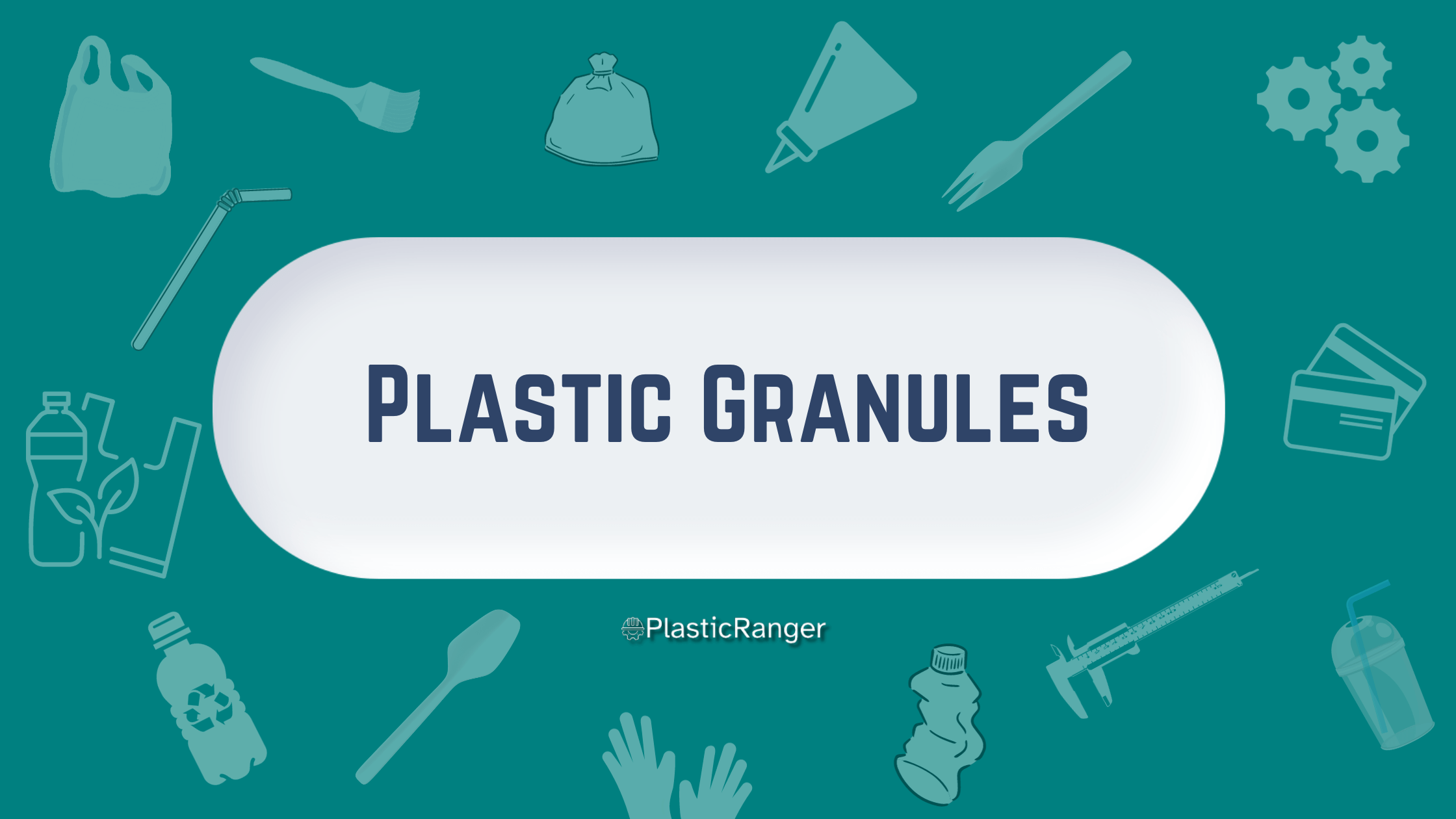A Comprehensive Guide to Plastic Granules
Plastic granules, or plastic or resin pellets, are the raw material for manufacturing plastic products. These granules are the transitional form of plastic derived initially from crude oil and natural gas.
This comprehensive guide will delve deep into understanding the nuances of plastic granules, including their production, types, applications, and environmental implications.
Production of Plastic Granules
Before we delve into plastic granules, it is essential to understand how they are produced. The production process includes several stages: polymerization, compounding, and pelletizing. During polymerization, monomers like ethylene and propylene are transformed into polymers such as polyethylene and polypropylene.
The resulting polymer is mixed with additives and fillers in the compounding stage to achieve specific properties. This mixture is finally passed through a pelletizing machine to form granules for various manufacturing processes.
Types of Plastic Granules
Plastic granules can be categorized based on different criteria, including the type of polymer, properties, and applications. Some of the most common types of plastic granules are:
Polyethylene (PE): PE is the most commonly used plastic, available in various forms, such as HDPE and LDPE.
Polypropylene (PP): Known for its versatility, PP is used in many applications, including packaging, automotive, and textiles.
Polyvinyl Chloride (PVC): This type is used primarily in constructing pipes, window frames, and cable insulation. PVC is well-known for its structural strength
Polystyrene (PS): Widely used for manufacturing disposable cutlery and packaging materials. Polystyrene is known for its strength and durability.
Polyethylene Terephthalate (PET): Mainly used in producing bottles and containers for packaging and textiles.
Applications of Plastic Granules
Plastic granules find applications in almost every industry. The critical applications include:
Packaging: The packaging industry heavily relies on plastic granules to manufacture products like bottles, containers, wrappers, and more.
Automotive: In the automotive sector, plastic granules create components such as bumpers, dashboards, and interior parts.
Construction: The construction sector uses plastic granules to manufacture products like pipes, cables, and insulation materials.
Electronics: Plastic granules are used in the electronics industry to make parts like casings, electrical insulation, and connectors.
Medical: In the healthcare field, plastic granules manufacture products like disposable syringes, medical devices, and packaging materials.
Environmental Implications
While plastic granules have found ubiquitous applications, they also pose significant environmental challenges. Being non-biodegradable, plastics can persist in the environment for centuries.
The production and disposal of plastics are associated with pollution and adverse environmental impacts. Additionally, during transportation and handling, plastic granules can spill and enter natural habitats, causing harm to marine and terrestrial ecosystems.
Various strategies are being implemented to curb the negative environmental implications, including recycling and developing biodegradable plastics.
Recycling involves collecting and processing used plastic products back into plastic granules, which can be used to manufacture new products. On the other hand, biodegradable plastics are designed to degrade over time, reducing their persistence in the environment.
Safety and Handling
Handling plastic granules requires adherence to safety protocols. Due to their small size, they can pose a choking hazard and should be kept away from children.
Additionally, in industrial settings, workers should be equipped with the necessary safety gear to prevent inhalation or contact with harmful additives that might be present in some plastic granules.
Conclusion
In conclusion, plastic granules are fundamental to the plastic industry, bridging the gap between raw materials and final products. Their versatile nature has enabled their wide application across various industries. However, the environmental implications associated with plastics necessitate the development of sustainable practices in their production and disposal.
Understanding plastic granules’ complexities is crucial in navigating toward a future where plastic can be utilized responsibly and sustainably.
By comprehending the production processes, types, applications, and environmental considerations associated with plastic granules, industries, and individuals can make informed decisions to optimize the benefits of plastics while mitigating their adverse impacts.
Thus, plastic granules stand at the crossroads of innovation and sustainability, offering opportunities for advancements and improvements in various sectors while posing challenges that urge humanity to tread the path of conscious consumption and environmental stewardship.
Quick Navigation

